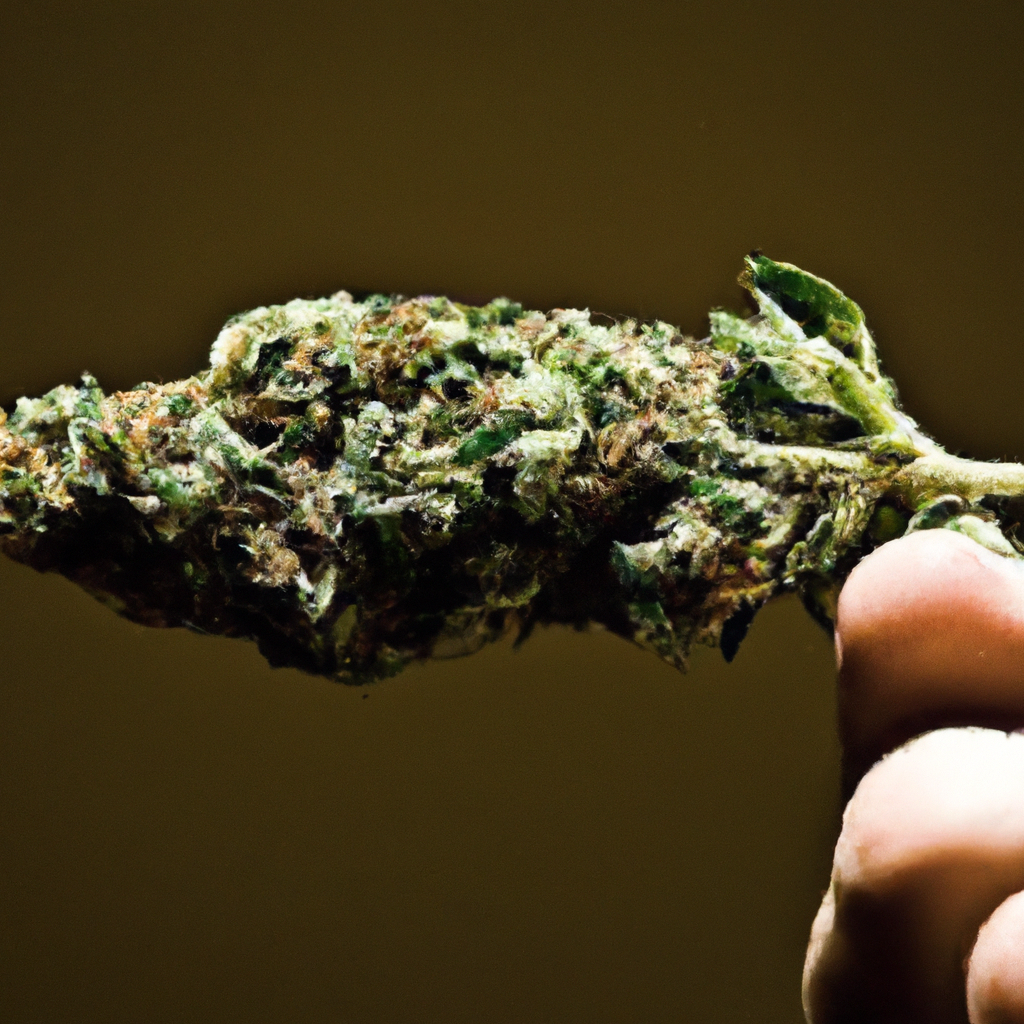Your cart is currently empty!
For centuries, cannabis has played a significant role in various native cultures worldwide, acting as a spiritual, medicinal, and cultural touchstone. This article delves into the historical significance of cannabis among indigenous communities, highlighting its diverse applications and its lasting impact on cultural practices today.
The Historical Significance of Cannabis
Long before modern society recognized the benefits and complexities of cannabis, indigenous cultures valued the plant for its myriad uses. From the ancient shamans of Asia utilizing it as a spiritual guide to Native American tribes incorporating it into rituals and remedies, cannabis’ cultural roots run deep.
- Spiritual Use: Many tribes regarded cannabis as a sacred plant, using its leaves and resin to conduct ceremonies and connect with spiritual entities.
- Medicinal Applications: Used as a treatment for various ailments, cannabis was prized for its healing properties, with native healers harnessing its potential long before scientific validation.
- Cultural Ceremonies: Cannabis played a key role in festivals and rites of passage, symbolizing growth, change, and unity.
Cannabis in Modern Native Practices
Today, many indigenous communities continue to incorporate cannabis into their traditional practices, blending ancient wisdom with contemporary understanding.
- Renewed Spiritual Connection: In some cultures, the vogue for spiritual mindfulness has led to a rejuvenated interest in using cannabis as a sacred tool to deepen this connection.
- Economic Viability: As cannabis legalization spreads globally, some native communities are leveraging their historical ties to cultivate and sell cannabis products, enhancing economic opportunities while preserving cultural practices.
- Mental Health and Wellness: Tribes today are exploring cannabis as an adjunct to traditional medicines, particularly for mental health benefits, underscoring its enduring relevance.
Case Studies: Real-World Examples
Let’s explore some specific instances where cannabis holds cultural and economic value in contemporary native settings:
| Community | Application | Impact |
|---|---|---|
| Navajo Nation | Economic Development | Investment in cannabis entrepreneurship creates jobs and empowers the local economy. |
| Hmong Community | Medicinal Use | Adopting cannabis for new therapeutic methods while honoring ancestral knowledge. |
Conclusion
The intersection of history, culture, and modernity highlights cannabis’ lasting legacy in native cultures. As these communities navigate contemporary issues, cannabis remains a potent symbol of resilience, adaptability, and tradition. By honoring these roots, we gain a broader understanding of cannabis’ role in shaping societies.
Key Takeaway: The relationship between cannabis and native cultures underscores the plant’s historical importance and cultural significance, encouraging modern society to respect and learn from indigenous practices.
Tags: cannabis-history, cultural studies, medicinal cannabis, spirituality, economic impact
Discover more from Magic Clones
Subscribe to get the latest posts sent to your email.


Leave a Reply